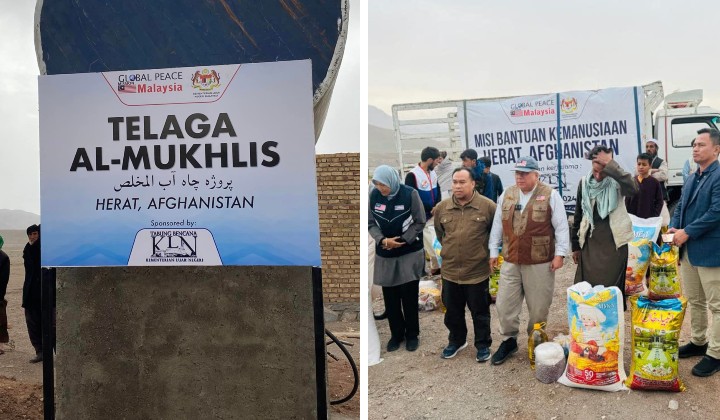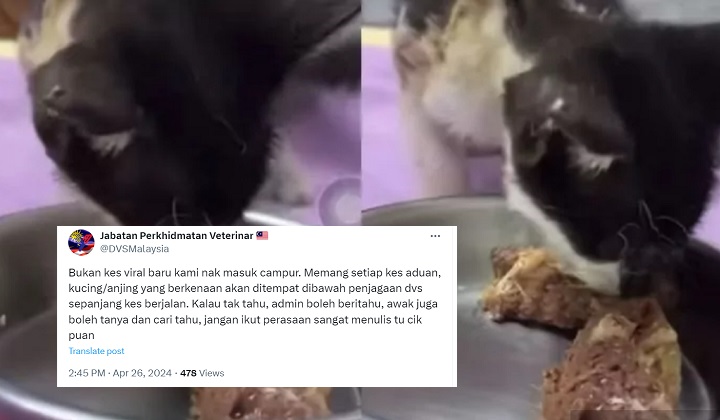The KL Boy Who Took Down The Communist: Malaysia’s ‘Oppenheimer’ Of Psychological Warfare
C.C. Too debunked the myth of pro-communist sentiment among the Chinese community in Malaya.
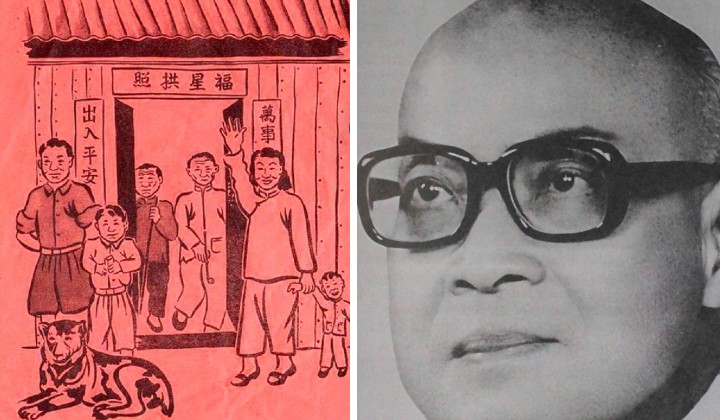
Subscribe to our FREE Newsletter or Telegram channel for the latest stories and updates.
Tan Sri Too Chee Chew, also known as C.C. Too, was a very important but little-known figure in psychological warfare in Malaysia.
He was the first local to head the Psychological Warfare Section, a British military unit during the Malayan Emergency, which took place between 1948 and 1960.
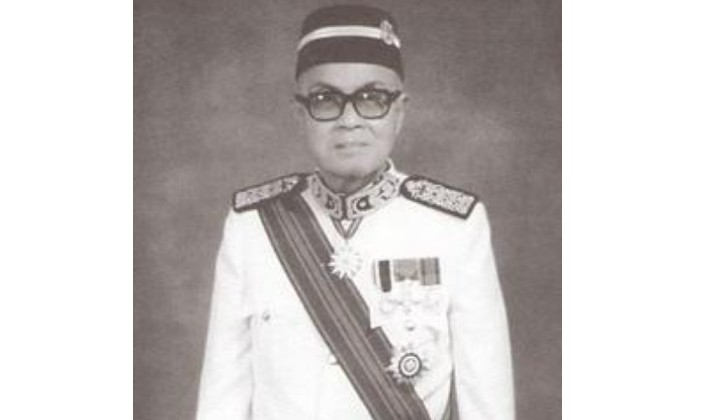
Too was instrumental in devising propaganda and other psychological tactics to counter the communist insurgency led by the Malayan Communist Party (MCP).
Psychological warfare is a form of non-physical warfare involving propaganda, misinformation, and other tactics to influence an opponent’s behaviour or beliefs.
His works stopped the Communist Terrorists (CTs) from paralysing the country, destroying the economy, overthrowing the British colonial government, and establishing a communist state in Malaya.
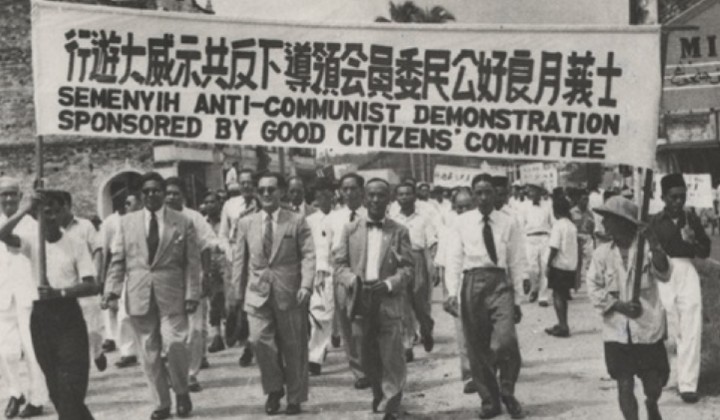
Too’s Political Offensive: Turning the Tide Against the Communist Terrorists
Too, who held his post for almost 30 years from 1956, created a campaign to turn public opinion against the CTs as part of his work in the Psychological Warfare Section.
Too’s work included crafting British and Malayan policy during negotiations with MCP leaders and encouraging the support of controversial government policies.
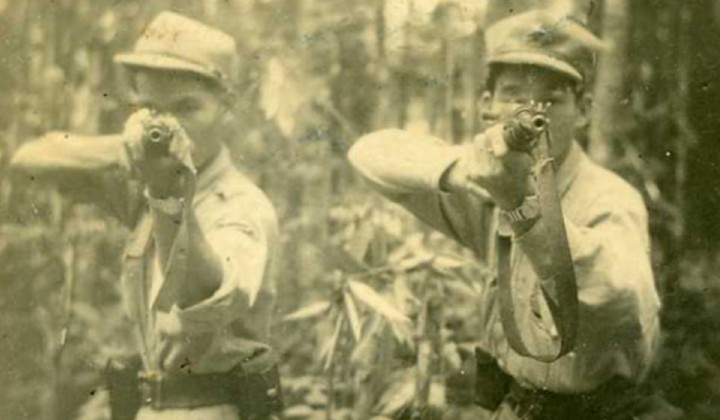
He turned the tide of the Emergency when the government lost ground and could not win the battle militarily.
Too believed the government’s traditional appeals would not sway the Chinese, who formed the main support for the communists.
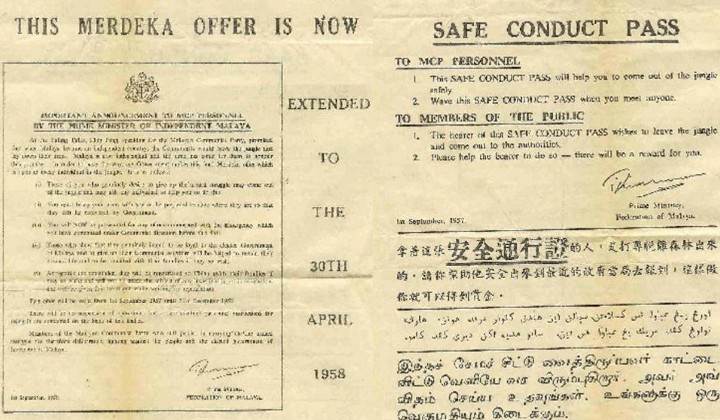
One of the challenges facing the government during the Malayan Emergency was the strong support that the Malayan Communist Party (MCP) had among the ethnic Chinese population in Malaya.
Too recognized that traditional appeals to loyalty to the government or patriotism were not enough to win over this group, and new tactics were needed.
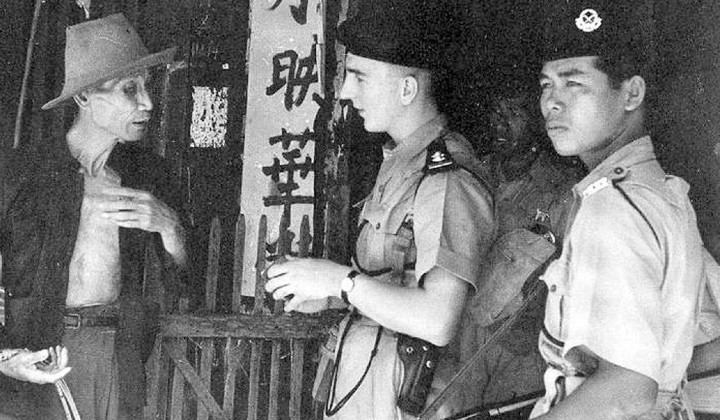
Too proposed a strategy that would portray the communists as robbers who would take away the money and possessions of the Chinese people in Malaya.
This message appealed to the economic concerns of the ethnic Chinese population and helped to turn public opinion against the MCP.
Too also presented the New Villages as a way to give Chinese villagers an excuse to refuse aid to the communists.
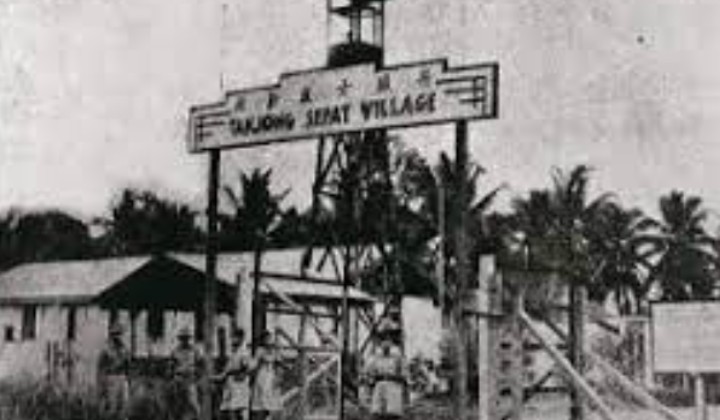
Too monitored villagers’ opinions by sending “eyes and ears” to gain a direct view of public opinion.
He believed it was more important to gain the support of the public than to convince communist guerillas to defect.
Too innovated by using inconspicuous coloured paper for leaflets, avoiding a preachy approach, and focusing on a factual approach in his propaganda leaflets.
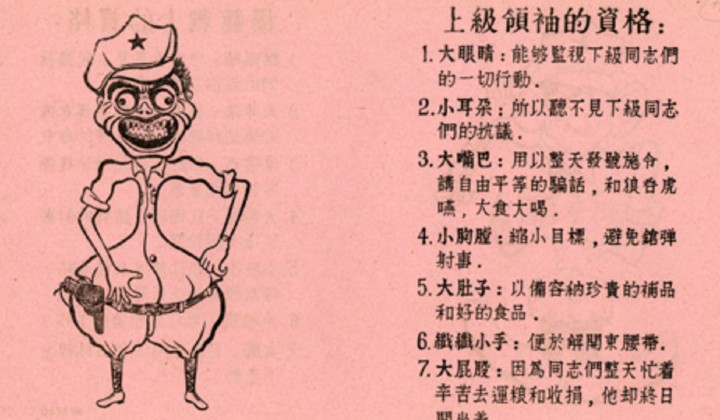
How to Handle a Bloke like Chin Peng
During the Baling peace talks, Too successfully predicted that MCP secretary-general Chin Peng would use the negotiations to communicate with the Malayan people and humiliate the government of the Federation.
Too’s predictions were based on his understanding of the MCP’s propaganda tactics and his knowledge of Chin Peng’s personality and leadership style.
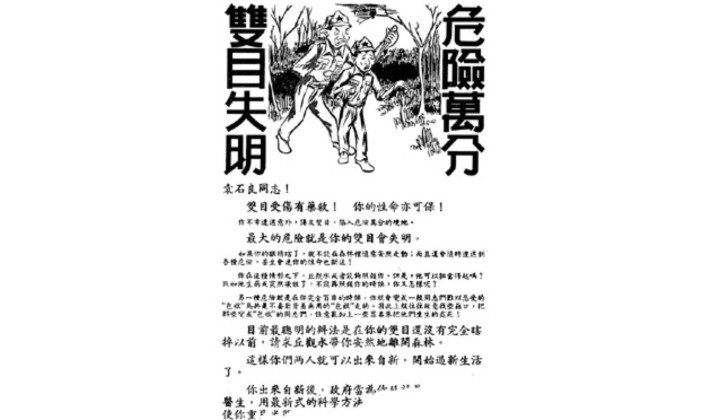
The information was conveyed to then chief minister Tunku Abdul Rahman, who neutralised the effect of Chin Peng’s actions during the talks.
The talks ultimately failed to produce a peace agreement, but they did help to weaken the MCP’s influence and support among the Malayan population.
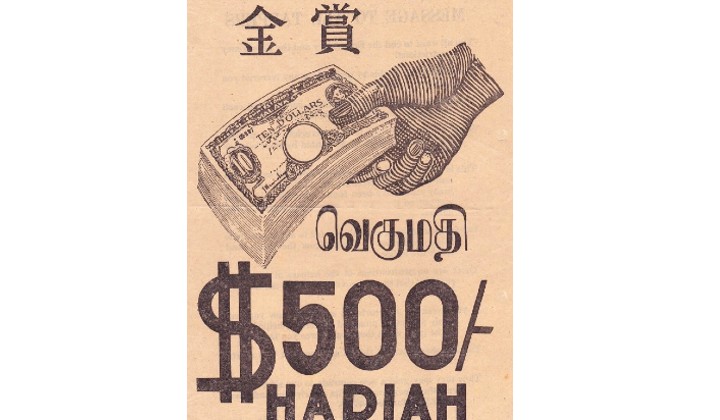
Too’s education and early life
Too was born in Kuala Lumpur and attended a science course at the Victoria Institution before being awarded the Federated Malay States scholarship to Raffles College in Singapore.
He never completed his course at Raffles College but was awarded a war diploma in science after the end of the Second World War.
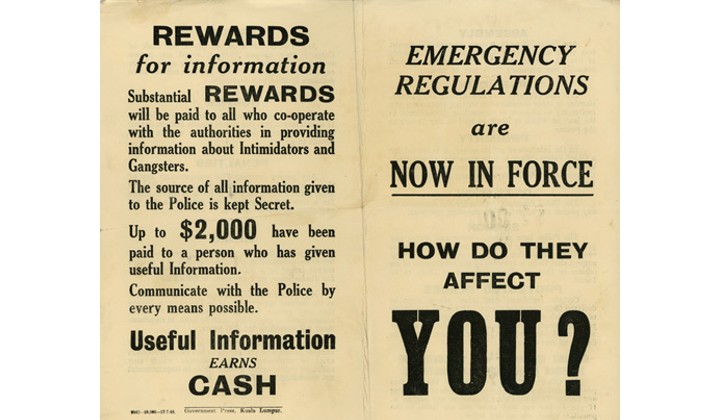
After the war, Too acted as a liaison between the communist leaders of the Malayan People’s Anti-Japanese Army (MPAJA) and some American officers of the Office of Strategic Services (OSS), the precursor of the Central Intelligence Agency (CIA).
In April 1946, Too began work as a secretary to the Consulate of the Republic of China.
In early 1951, Too joined the Emergency Information Service as a research assistant.
He resigned in 1953 at perceived interference with his work but was invited to rejoin the government in 1955.
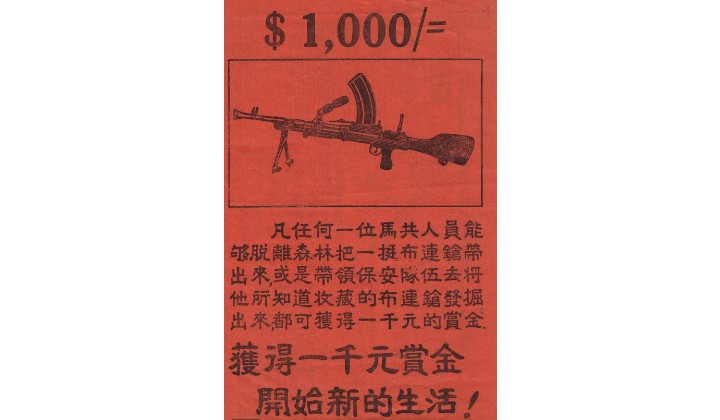
Too would serve in the Psychological Warfare Section on a contract to be renewed every two years.
The following year, Too replaced an Englishmen, becoming the first Malayan Head of the Psychological Warfare Section.
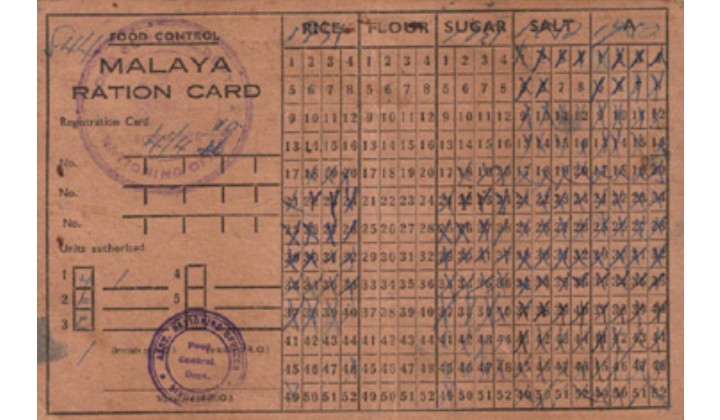
A Lifetime of Service in the Fight Against Communism in Malaya
Too retired from the Psychological Warfare Section in 1983.
The Yang di-Pertuan Agong awarded him the Panglima Setia Mahkota in 1986, which carries the Tan Sri title.
Following his retirement Too criticized the government’s monitoring of communist propaganda broadcasts.
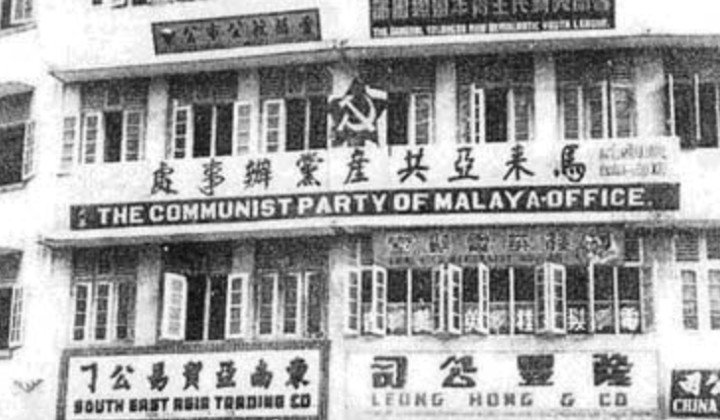
He was also a critic of the government’s peace accord with the MCP that was signed in 1989.
Too believed that the communists had lost their bargaining power and had become an insignificant force; thus, the government had nothing to gain from the treaty.
Too passed away in 1992, but his legacy as a key figure in the fight against communism in Malaya lives on.
Too’s contributions to countering communist insurgency were instrumental in helping to turn public opinion against the MCP and supporting the government’s efforts to combat communism.
Share your thoughts with us via TRP’s Facebook, Twitter, Instagram, or Threads.

